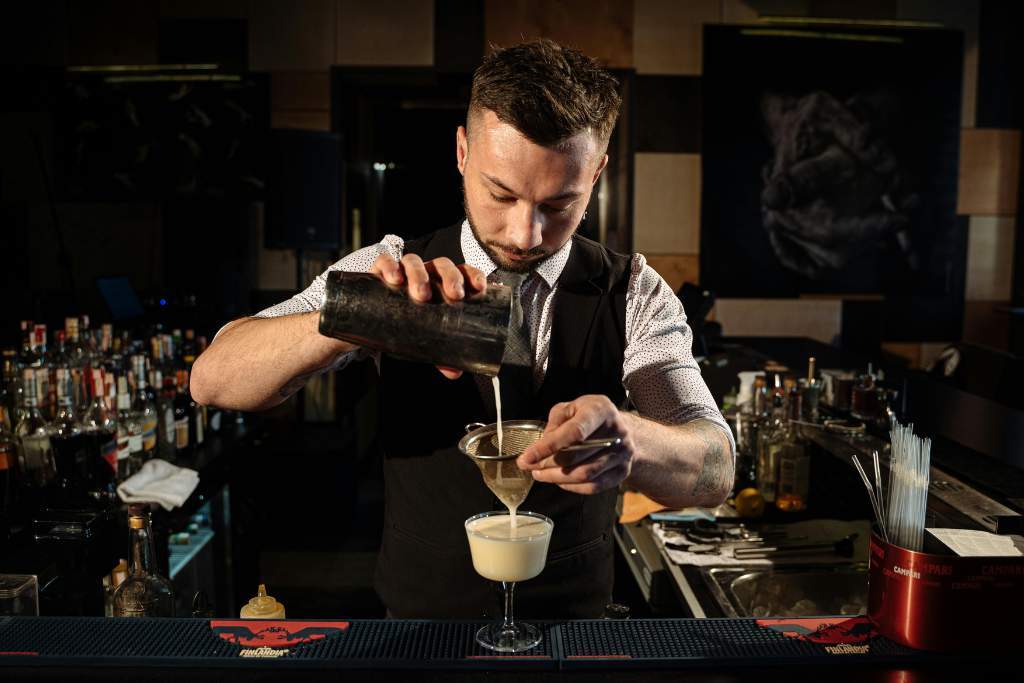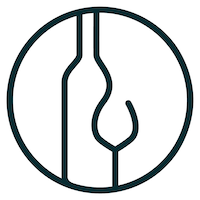
Hiring a bartender is about much more than pulling a good pint. The role combines speed, customer service, product knowledge, and the ability to keep cool under pressure.
Asking the bartender the right interview questions gives you a window into how someone will perform once the bar is full and orders are flying.
Add a short trial shift into the process, and you’ll have a far clearer idea of who fits your venue.
Common Bartender Interview Questions
Knowing what to ask and what answers to expect is the best way to find a great bartender.
What experience do you have behind the bar?
This is usually the opener. A strong candidate won’t just list places they’ve worked; they’ll show you what they learned.
A sample answer might include a couple of years mixing cocktails in a busy CBD bar, followed by a stint in a smaller neighbourhood pub where they picked up cellar management skills. The detail shows adaptability and a willingness to learn.
How would you handle a difficult customer?
Every bar has its moments. The best answers combine calm professionalism with practical steps.
For example, a bartender might explain that they would listen to the customer, keep their tone polite, and try to resolve the issue quickly. That might mean remaking a drink or involving a manager. They would then point out the importance of protecting the overall atmosphere for other guests.
What’s your approach to responsible service of alcohol?
This is non-negotiable. Look for answers that mention RSA requirements and show real understanding.
A good response might describe checking IDs carefully, monitoring signs of intoxication, and refusing service politely but firmly when needed. Candidates who also stress keeping patrons safe and supporting the venue’s reputation are showing the bigger picture.
How do you balance speed with quality?
Speed is vital, but sloppy drinks won’t win repeat customers.
A strong answer highlights the value of preparation, knowing the menu, keeping the bar set up efficiently, and practising common recipes.
They might also stress teamwork: calling for support when a rush hits or splitting tasks with a colleague to keep service smooth.
What do you enjoy about bartending?
This question is less about skills and more about motivation. The best answers usually blend people and craft. For instance, someone might talk about enjoying the buzz of a busy service while also taking pride in creating a cocktail that looks and tastes just right.
Passion is important; it often keeps bartenders motivated through long nights.
Trial Shift Tips for Hiring Managers
Interviews only show part of the story. A trial shift helps you see how someone interacts with staff and customers in real-time. Keep the shift short; around two to three hours is usually enough.
During the trial, watch how they:
- Greet customers and handle first impressions
- Move behind the bar without disrupting others
- Follow basic hygiene and safety practices
- Take direction from your existing team
One useful approach is to start them with simple tasks, such as glass polishing, pouring beer, and serving basic drinks, before stepping up to busier service. The goal isn’t perfection but potential: confidence, willingness to listen, and a sense of how they fit your venue’s style.
Bringing It All Together
Hiring the right bartender is part instinct, part process. Well-chosen bartender interview questions reveal how a candidate thinks and works. Flowing bartender sample answers show whether they’re prepared, thoughtful, and customer focused.
A trial shift gives you the missing piece: proof of how they work in the real environment.
If you want to sharpen your hiring eye even further, it helps to understand the skills yourself. Courses like the Bar & Barista Package or RSA in Victoria cover the essentials and give you a sense of what students are trained to do.
Ready to bring new talent into your team? Talk to us about workplace training and see how Complete Hospitality Training can support your staff.
FAQs About Bartender Interview Questions
What are the most important bartender interview questions?
The most valuable questions cover past experience, customer service skills, responsible service of alcohol, and working under pressure. Together, these show you if a candidate has both the technical know-how and the right attitude to thrive in your bar.
Should you pay someone for a trial shift?
Fair Work guidance allows for an unpaid trial or demonstration, but with conditions. Keep the trial short, define the tasks in advance, and pay properly if you stretch the trial over multiple shifts.
How long should a bartender’s trial shift be?
Two to three hours is ideal. That window lets you see how the candidate greets customers, follows instructions, and works under pressure. Anything longer can appear unfair and unnecessary. Short, structured shifts protect both parties while giving you a clear sense of how they fit into your team.
What red flags should you watch for during a bartender’s trial shift?
Hygiene lapses, poor listening skills, or an impatient approach to customers are common red flags. You’ll also want to note if someone ignores responsible service standards. A trial shift isn’t about perfection, but it should show willingness, professionalism, and a positive attitude under pressure.





